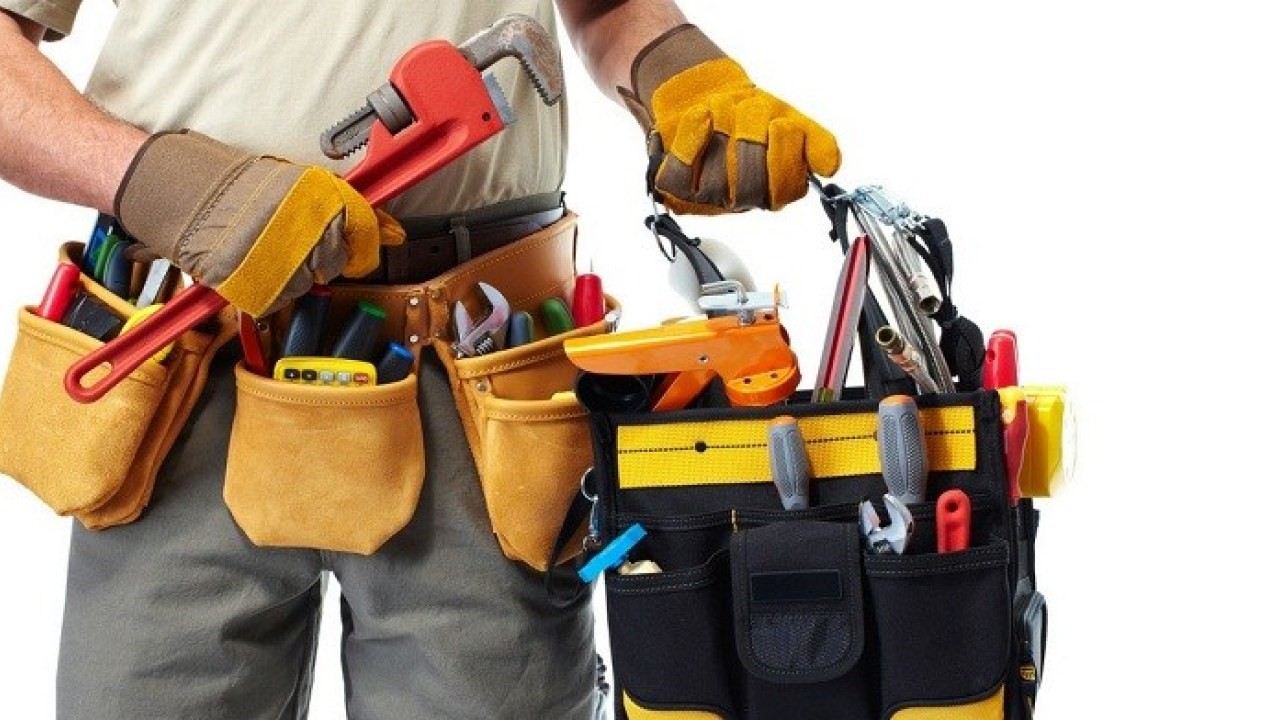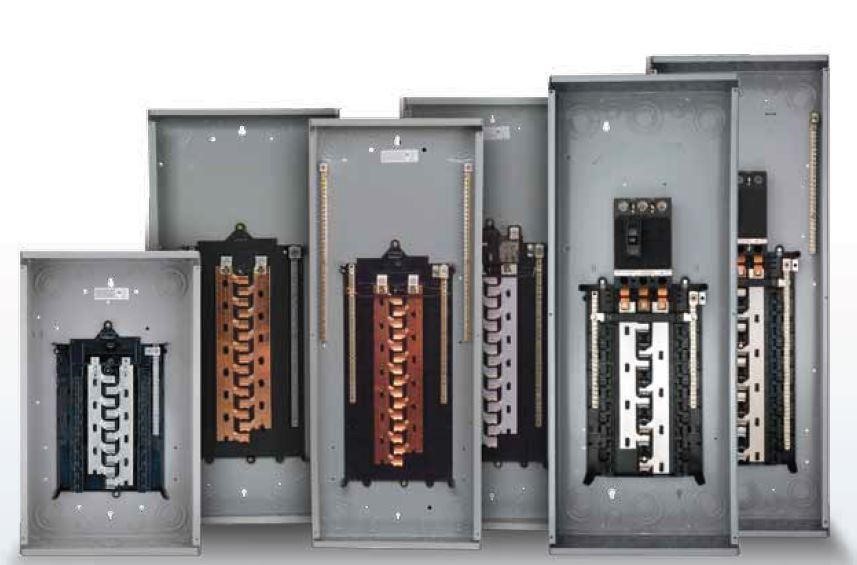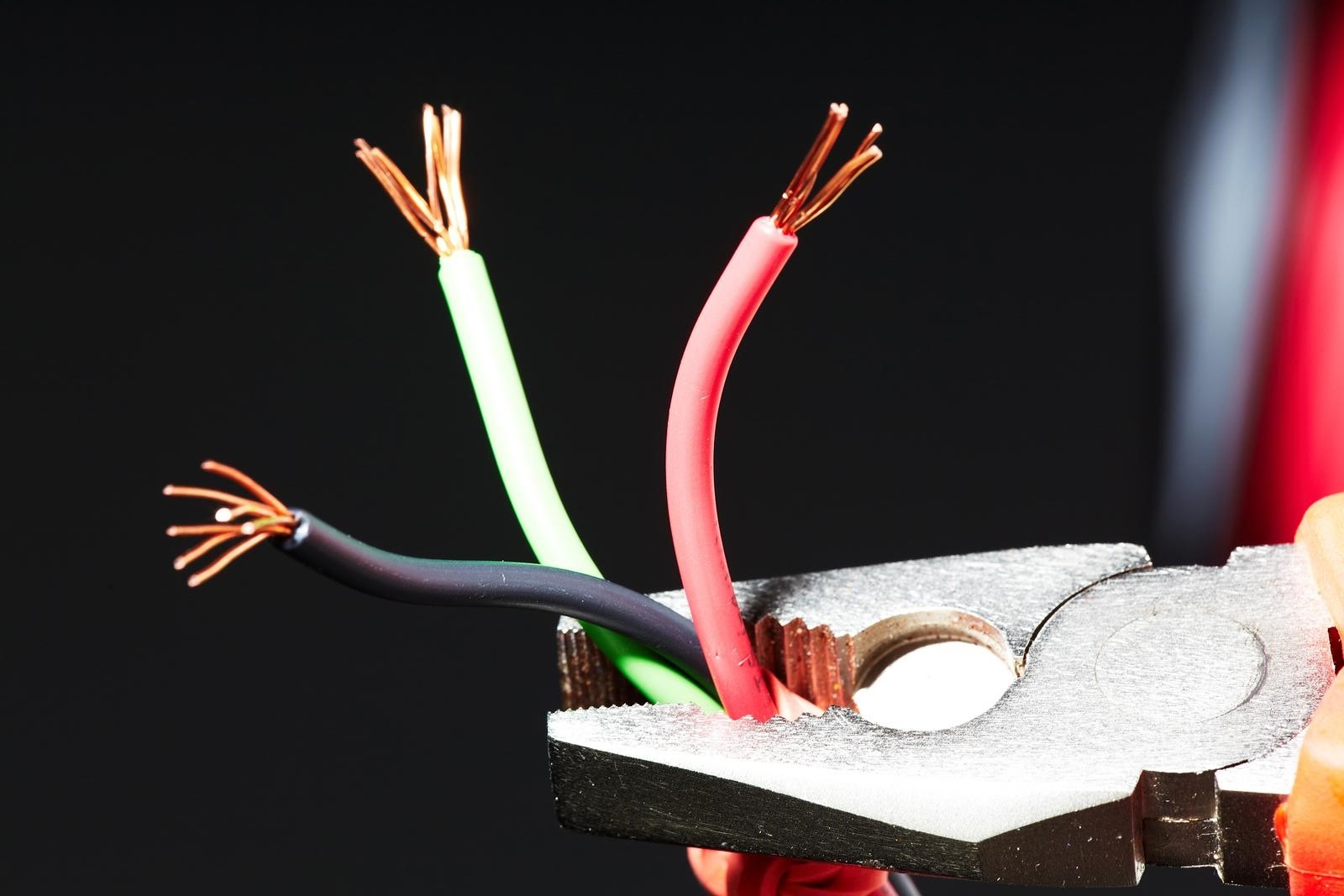April 27, 2020 | Irene Osalla
Maybe spending so much time at home lately has caused you to notice various projects around the house that could keep you busy. Maybe you have found yourself with a little more time on your hands than you are used to, as well as a wealth of do-it-yourself tutorials and videos freely available online. And maybe, just maybe, you could finally put your own hands to work and begin to cross off items on your home’s to-do list. Tighten up those loose floorboards? Done. Replace washers in faucet handles and finally stop the constant dripping sound? Easy. Install shelving to keep my garage tidy? Simple. Rewire my entire home? Yikes!!! Maybe this is the time to hire an electrician.
We’ve all plugged wires in and pulled them out our whole lives. Handy people, plumbers, air conditioning technicians have all come across and worked around wires behind the walls within our homes. But when it comes to knowing the risks, safety procedures and electrical codes necessary for keeping your home smooth, secure, and at top value; only a licensed and experienced electrician can guarantee a rewiring job well done and your peace of mind.
The National Fire Protection Association (NFPA) lists electrical malfunctions as one of the top causes of fires in the home. Both the NFPA and the Electrical Safety Foundation International (ESFI) recommend that you have all electrical work performed by a qualified electrician when buying or remodeling a home. Electrical work also includes electrical inspections, which may be required by many homeowner insurance policies or by government regulations.
Performing electrical work is a delicate and risky business. Nonprofessional electrical rewiring can result in shock, electrocution and fires. Depending on the voltage rating of the items you have in your home, that risk increases. When you attempt to perform electrical rewiring of your home on your own, you are putting yourself, others, and your property at risk.
Faulty wiring can lead to shorts that have the potential to ignite a house fire. Since faulty wiring can go undetected for years, a DIY homeowner can feel as if they performed a job well done–until a fire occurs in the home.
These risk factors can result in serious injury or even death. To reduce risks, proper procedures must be followed. Your best bet to minimizing risks would be to hire a professional licensed electrician who knows the ins and outs of safety procedures by heart.
All of our electricians are trained and have completed the appropriate hours under apprenticeship with trusted, experienced mentors in the field. To become a licensed residential electrician in the state of California, at least 150 hours of classroom and lab-based technical training are required for each year enrolled in a training or apprenticeship program. An additional 4,800 on-the-job training hours (approximately 2.5 years) are required prior to taking the licensing exam. A passing score on the exam will grant licensure, which needs to be renewed every three years. In order to renew the license, 32 hours of continuing education and 2,000 hours of working as an electrician are required.
These requirements for becoming a licensed electrician emphasize that working with electrical components and wiring is not only difficult, but extremely risky. No matter how many online tutorials you read or watch, electrical work is not the type of work to be taken lightly. Electricians are trained to learn how to minimize immediate, as well as long-term, safety risks. This includes know what kind of component to use, where to use, and why. Knowledge of these safety protocols and electrical components would be way too complex for the untrained DIYer to properly follow.
If you want to keep your home and its electrical components safe, focus on general work that every homeowner should do–use light bulbs that match the fixture wattage, replace frayed or broken cords, and avoid overloading outlets. Also be aware of the signs of electrical problems in your home, and give us a call to help inspect your home or fix any problems. We have been dedicated to perfecting our craft, abiding by safety protocols, and are ready to safely service your home’s electrical needs.
When dealing with electrical rewires, proper licensing and electrical codes play a large part in legal issues, inspections and insurance policies concerning your home. For example, if an unlicensed contractor or handyman gets hurt while working in your home, the worker could sue you for medical bills and lost wages since the incident occured on your property. To avoid this type of issue, be sure to hire a licensed electrician; ask to see their license and proof of insurance, including workers’ compensation. Even if an unlicensed contractor has an excellent reputation, it’s important to protect yourself and your property. Licensed electrical work may cost more upfront, but can save you much more in the end knowing you are free of legal responsibility.
If you complete electrical work in your home that required a permit, such as rewiring, it is also necessary for a licensed electrical inspector to inspect the completed work to ensure that it is safe and up to code. When attempting to sell your home, any DIY electrical work will be discovered, either by the buyer’s home inspector or the during the point of sale inspection by the city inspector. If unlicensed repairs are discovered, the inspector may require the work to be exposed for inspection, leading to more expenses such as tearing down drywall. If improper wiring is found, the inspector will inform the potential buyer and this alone could cost you the sale of your home. Buyers want to live in a secure home that is compliant and up to safety codes.
Insurance claims also can be affected by your DIY electrical repairs. One unfortunate example is that if your house catches fire due to improper electrical wiring, the insurance company has the right to deny your claim. Insurance companies may also deem a homeowner negligent if you simply didn’t know your home had faulty wiring. Your home is your responsibility; it is always a good idea to have your home inspected by a licensed electrician before purchasing and insuring. Hiring a licensed electrician would be far more economical than the price of a denied insurance claim.
Protect your home, and everyone and everything inside of it. Don’t let extra time on your hands (or the lure of online video tutorials making electrical work seem lighter than it really is) lead you astray into making a decision that could cost you way more in the end than hiring an electrician. Our licensed and experienced electricians at Penna Electric are here to answer any questions and provide top solutions in regards to your home’s electrical needs.
NFPA | Top Fire Causes – Electrical
Electrician School in California | License and Training Requirements
The right electrical upgrade can dramatically improve the value and appearance of any home or business. You’ll be amazed at what a difference the right electrical upgrade can make for your home or business. Make sure that when you select an electrical company to do the enhancement of your home and you have decided to take your enhancement to the level where you require an electrical upgrade that the technician at the company has a good working knowledge and the experience to properly guide you in this area.
When you decide to upgrade, our well-trained and certified electricians have all the experience and training needed to complete your electrical panel upgrade project from start to finish, with a minimum of fuss or disturbance. Please contact us right away at 310-800-2401



